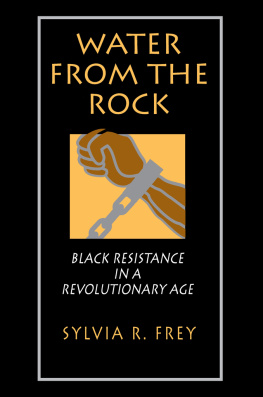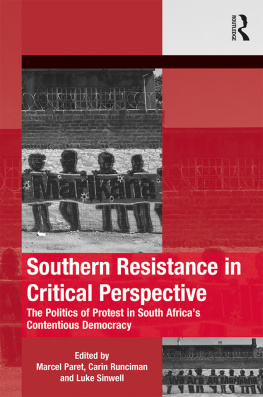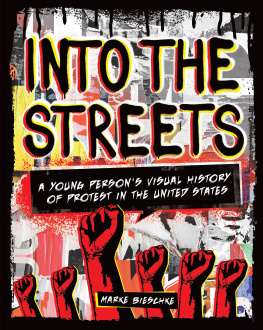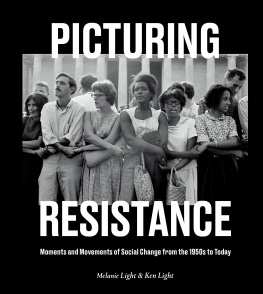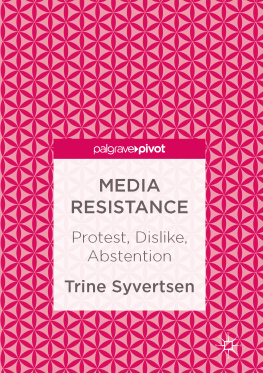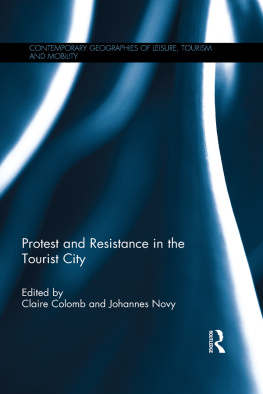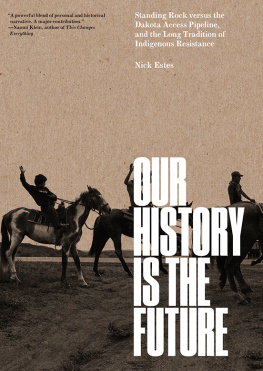Sylvia Lawson is one of Australias most acute and eloquent cultural and political essayists. Her work includes the prizewinning collection How Simone de Beauvoir Died in Australia , The Archibald Paradox: A Strange Case of Authorship and the novel The Outside Story , which is centred on the Sydney Opera House. She is currently film critic for the online and print journal Inside Story .
At the Writers Festival, May 2006
Had she lived longer , would the memories of her few days in Sydney have been held so vividly? In fact yes, said those who met her at the time: she was always special, even in the framework of that festivals crowded programme, with dissident writers thick on the ground. They were there from Iraq, from Nigeria, from Brazil, Indonesia and Israel, all with credible histories of writing in the teeth of censorship, against the dominant order. Writing under threat is a lot of what literary festivals are about; its not a matter of wheeling in Trojan horses, sheltering politics under literary cloaks. The political domain is everywhere, overhanging; the literary world must display its credentials.
Thus at that festival Anna Politkovskayaa beautiful woman, broad-browed and open-eyed, very youthful at forty-eightwas highly in demand by the media. She wasnt a literary novelist, and not even, in her own account, a journalist; insistently, she called herself a reporter: I live in the present, noting down what I see, but also: My notes are written for the future. They are the testimony of the innocent victims of the new Chechen war, which is why I record all the detail I can. Without inhibition, the detail included her own emotional and ethical responses. Reportage turns into true stories and essays, and the reporter becomes, deservedly, a literary figure. As the West perceives her, she carries the inheritance of Solzhenitsyn and Grossmann.
And she had her own record as a resistant, even beyond her major role in reporting from the devastation in Chechnya. In 2002, she had played an honourable part as a negotiator in the siege of the Dubrovka theatre in Moscow; there she ran a gamut, ferrying food and drink for the hostages, facing down the Chechen gunmen. She would tell others later how she carried guilt for the many who died in the theatre, those she had been unable to save. In early September 2004, she was trying to reach Beslan, where hundreds of schoolchildren and their teachers were held hostage in a school, again by rebels. The Russian authorities did all they could to stop her from going; she got a flight on her third attempt, and then, en route, she was handed a cup of poisoned tea. After drinking it she collapsed into a coma, and was taken off the plane in Rostov-on-Don. Later, on one of her many visits to Chechnya, a group of Russian military officers held her for three days in a pit, without food or water, threatening her with rape. She got out, and made it to a conference of Reporters Without Borders in Vienna; there she insisted, as she did everywhere, that she wasnt the only journalist under threat.
With all that in mind, she told Antony Loewenstein, in a long interview for the online journal New Matilda , that she hadnt the slightest regret about choosing journalism, althoughas she also told her audiencesher life was in danger in Moscow. She remained, he thought, calm and determined. She also told him that from the outset her parents had taught her that she must find a way of doing some good in the world, of seeking to make a difference; thus, for her, journalism was first and always an ethical path. (As it may well be for many Western practitioners, but with them it goes unspoken; for others, careerism supervenes.)
With four sessions in the festival programme, and interviews lined up, she had little time to spare in Sydney; but from her room at the Intercontinental, looking out over gardens and water, she said she was on holiday. She carried with her the tragedy of Chechnya, the gloom, poverty and corruption of the Russia she knew, but she also knew how to live; she could relax, talk easily about families and children and enjoy the place she was in. If, as some claimed later, she was somewhat righteous in her chosen obsessions, consciously superior in her separateness from other journalists, it didnt show in Sydney. She went jogging in the gardens in the mornings, and one sunny day she was taken on a launch trip round the harbour. From the boat she looked at the waterside suburbs, and said It must be wonderful to live in a decent country.
Her English was hesitant; she spoke in Russian, with her interpreter Ludmila Stern translating. In the sessions it was a difficult job for Ludmila, experienced as she is; Annas thinking emerged in a stream of Russian, with constant, darting parentheses and tangents, and in the panel sessions it was also important to convey other speakers meanings to Anna. Across the language barrier she transmitted passion, energy and a total commitment; between the political and the personal there seemed to be no division. She was concerned mainly with telling us that despite all we might have heard of glasnost and perestroika from the Gorbachev period, Russia was nonetheless sinking back into Stalinism; that Putin, whatever his claims to democratic policy, is in fact an autocrat and a tyrant for whom ordinary citizens dont count; that human rights are trampled, that corruption thrives: We are hurtling back into a Soviet abyss, into an information vacuum that spells death from our own ignorance. All we have left is the internet, where information is still freely available. For the rest, if you want to go on working as a journalist, its total servility to Putin.
The Anna who spoke to us with all that urgency didnt want the focus on herself, and she had made this clear each time she was given another prestigious award: the Participant in Battles Medal, the Lettre Ulysses Award, the Olof Palme Prize, the Golden Pen from the Russian Union of Journalists, the Freedom of Expression Award of the Index on Censorship among others. She sought above everything to make us, and the world, know of the unconscionable suffering in Chechnya, the reasons for the Dubrovka theatre siege and for the mass killing in Beslan. She said that Russia could not
wait for another thaw to come our way from the Kremlin, as happened under Gorbachev and neither is the West going to help. It barely reacts to Putins anti-terrorist policies, and finds much about todays Russia entirely to its taste: the vodka, the caviar, the gas, the oil, the dancing bears
In the prevailing climate, she argued, humble citizens had no rights. In the army, the officer class despised, trampled down and abandoned ordinary soldiers. Politkovskaya told stories like that of Nina Levurkapoor, heavy, old and illsitting day after day waiting to be told how she might retrieve the body of her soldier son Pavel, killed on a distant battlefront. No one brought her food or drink; no one would tell her anything, until finally she was shown a skull she could identify as Pavels. Reporting from Chechnya from July 1999 to January 2001, Politkovskaya worked with the Committee of Soldiers Mothers and found scores of stories like Ninas; there was no respect or concern for the disabled, no help for parents left to care indefinitely for crippled sons. Mothers and sisters everywhere lived out the myth of Antigone: waiting for news, looking for the bodies, finding them unburied, maimed, burnt, dishonoured. Young soldiers like Pavel, who had idealised the army, were treated like slaves; some killed themselves. Through the army and the much-hated Federal Security Bureau, successor to the KGB, Putin re-established autocracy.


